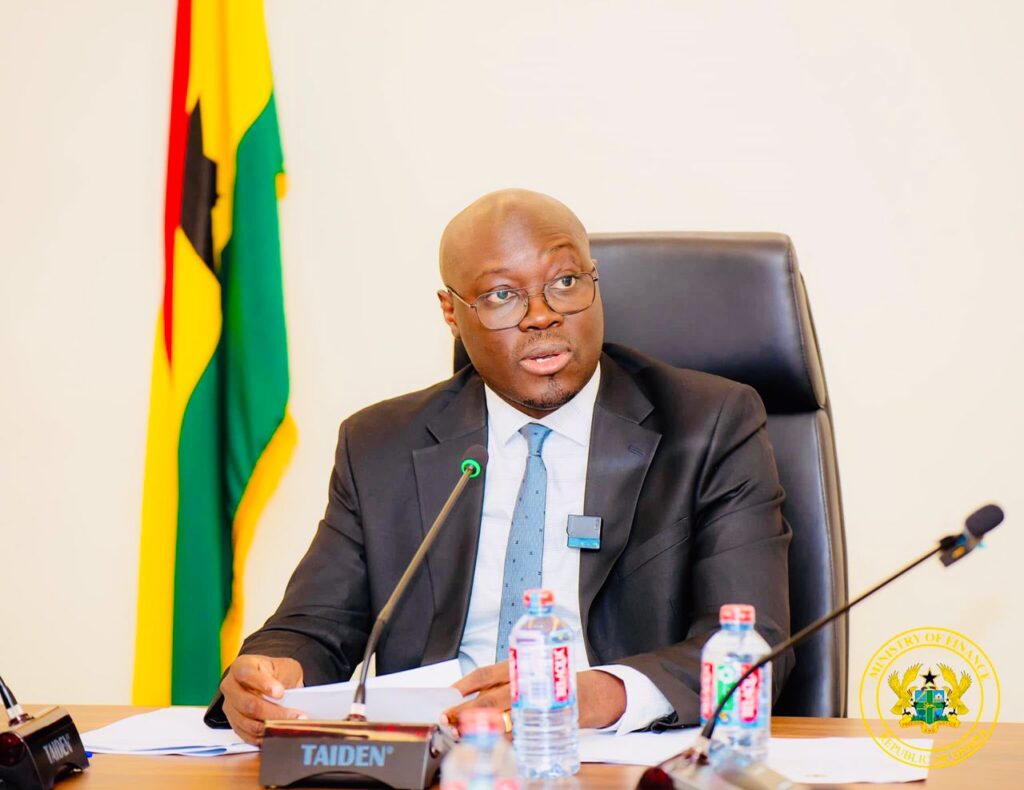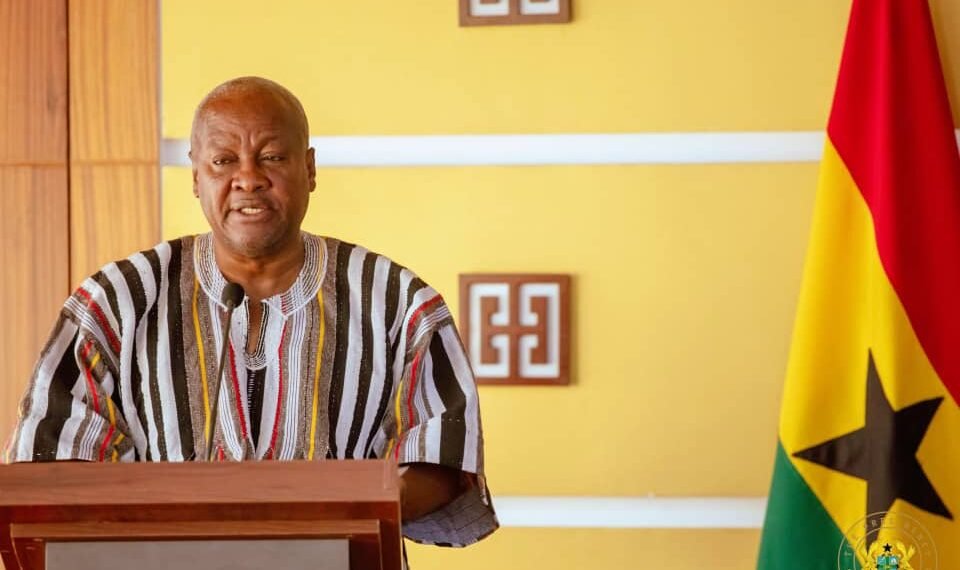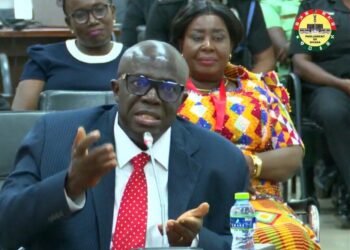President John Dramani Mahama has issued a sobering warning that Ghana is not shielded from the economic ripple effects of surging global crude oil prices, following the recent exchange of missiles between Israel and Iran.
Speaking during his ‘Thank You Tour’ in the Savannah Region, the President highlighted the country’s vulnerability to global energy market volatility and outlined steps his administration is taking to manage the fallout.
“Despite the work we have done in stabilising the economy, Ghana is not immune from the shocks of global events.
“Recent events in the Middle East, involving an exchange of missiles between Israel and Iran, have started to escalate crude oil prices dramatically.”
President John Dramani Mahama
In the wake of the conflict, global oil benchmarks such as Brent crude have surged, with traders responding to heightened instability in one of the world’s most critical oil-producing regions.
As the International Energy Agency (IEA) notes, global supply concerns tend to spike with any disruption in the Middle East — a trend now repeating with significant economic implications.

Although Ghana is an oil-producing country, it still imports the majority of its refined petroleum products. This means that increases in crude oil prices often translate into higher fuel costs at home, directly impacting transport, food prices, and overall inflation.
The President’s remarks also signal a broader recognition that even the most carefully managed economies remain susceptible to external shocks.
“We have a responsibility to protect Ghanaians from economic shocks, even those that originate far from our borders.
“That means acting swiftly, wisely, and in the national interest.”
President John Dramani Mahama
According to IEA data, petroleum-based energy accounts for a substantial portion of Ghana’s energy consumption, with the transportation sector being the largest user. Any rise in international oil prices, therefore, reverberates across the economy, straining household budgets and public finances alike.
Government Responds with Caution and Preparedness

In response to the looming economic pressure, President Mahama announced a coordinated government approach to monitor and address the impact of the price hikes. He revealed that he has instructed key cabinet members to prepare both analytical models and contingency plans.
“I’ve asked our Minister of Finance and Minister of Energy to keep a close eye on the development and model the possible impacts on our petroleum prices.
“We must act swiftly to protect the recent gains that we have made.”
President John Dramani Mahama
Finance Minister Dr. Cassiel Ato Forson and Energy Minister John Abdulai Jinapor have been tasked with assessing possible scenarios and crafting policy tools to soften the blow of rising energy costs.
These measures may include the deployment of strategic petroleum reserves, targeted fuel subsidies, or temporary tax adjustments to stabilize domestic fuel prices.
“The ministers have been tasked not just with monitoring the trends, but also with preparing measures to protect the recent gains that we have made.”
President John Dramani Mahama

Ghana is currently implementing an Extended Credit Facility (ECF) arrangement with the IMF, which has a core objective of restoring macroeconomic stability and fiscal prudence.
The 2025 budget outlines an ambitious 1.5% primary surplus target, a benchmark that could be at risk if the country fails to manage external pressures such as rising fuel import costs.
Energy sector observers have long warned about Ghana’s exposure to global price swings due to its limited domestic refining capacity. The Tema Oil Refinery (TOR), which has struggled with operational challenges, cannot meet national demand. Consequently, global supply chain disruptions instantly ripple through to Ghanaian fuel pumps.
President Mahama’s warning comes at a critical juncture as Ghana works to stabilize its economy under international oversight. By acknowledging global risks and mobilizing a coordinated response, the administration seeks to protect both the nation’s economic stability and the financial wellbeing of ordinary Ghanaians. The coming weeks will reveal how well-prepared the country is to navigate yet another external shock.



















